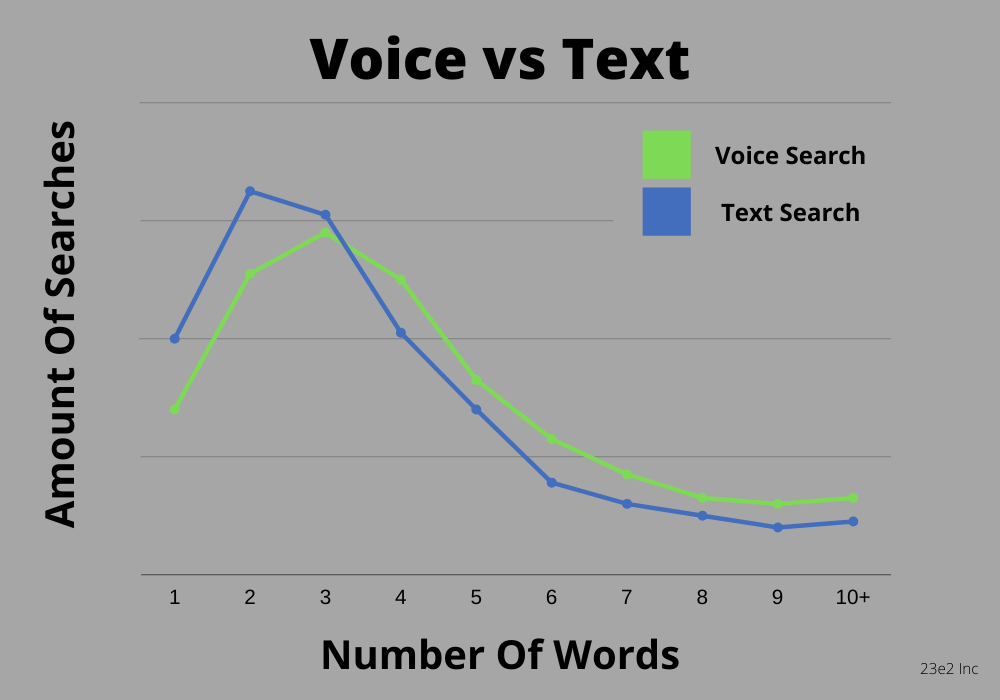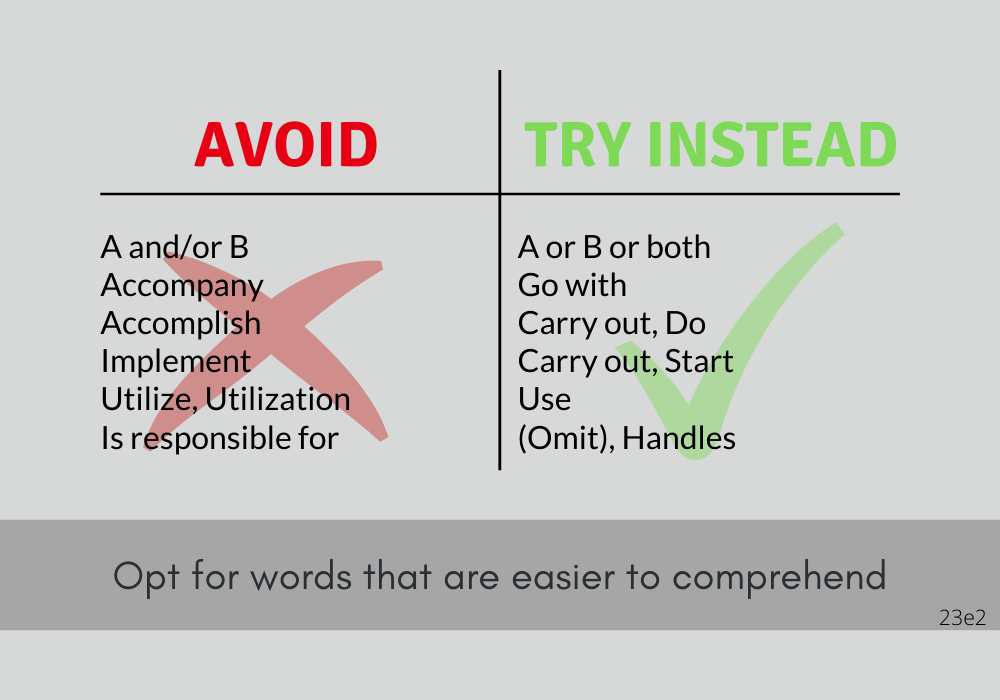Voice Search Optimization 2024

Voice search is everywhere, from smartphones with Siri and Google Assistant to smart speakers like Amazon Echo (Alexa) and Google Nest. Even our cars and TVs have joined in, equipped with systems that listen and respond to our commands.
OpenAi – top topic of 2023 announced that they are beginning to roll out new voice and image capabilities in ChatGPT. With the integration of voice and image prompts into ChatGPT, the engagement with and reliance on AI-powered voice assistants are set to deepen further.
The voice recognition market is booming, expected to leap from $12 billion in 2022 to almost $50 billion by 2029. It’s clear this technology is fast becoming a staple in our lives, with voice searches being a daily routine for many, per Statista.

In 2022, a survey showed that 62% of Americans aged 18 and above utilized voice assistants across various devices, such as smart speakers, smartphones, TV remotes, in-car systems, computers/laptops, tablets, and more. The prevalence of voice technology usage is on the rise, with 57% of individuals who use voice commands doing so on a daily basis, by NPR & Edison Research
These are incredible statistics seeing as voice search capabilities are still growing since their launch in 2008. Voice search wasn’t added to many mobile phones until the early 2010s, and has taken off significantly since 2013.

Google’s voice search feature is currently available in 119 languages, Siri can understand 21 languages, and Alexa offers support for eight languages.



How Does Voice Search Work?

SEO as it Pertains to Voice Search
Is SEO as important for voice searches as it is for regular searches? Absolutely! If anything SEO is more important for voice than regular searches. This is because regular searches allow the user to select which site they chose, where in the case of voice search, the best match is read to them. With voice search, the user does not choose which site they receive information from. Instead it is left up to the search engine algorithms.
Secondly, the kinds of things people search for using voice control is largely different from what one searches on their own. Voice control searches consist of a lot of “what is the closest ______ to me?”, along with other navigation searches.
Thirdly, the length and context of searches is different. Rather than being a few words llong, searches are longer and have a more conversational tone and flow. What I mean by that is that people are treating these vocal recognition searching services as more human than a regular search. Instead of typing “restaurants near me”, a relatively short search direct search they are opting for a longer version such as “what are some restaurants close to me?”. This happens also because speaking is much faster than typing. How much faster? You can speak over three times as fast as you can type. The average person can type at a rate of around 38-40 words per minute, compared to 110-150 words a minute with speech. People can speak and specify their search results.


Voice Keywords

This handy wheel can be transformed to find questions with regards to any topic. If you are interested in trying it for yourself, have a look at Answer The Public, type in your word and see all the possibilities.
Keywords that sound more conversational will rank higher in voice search results than short abrupt words. However, this generally occurs quite naturally as Google is interested in sharing valuable and complete information as opposed to keyword heavy content. Here at 23e2, our carefully curated content development is meant to target your audience rather than only to please search engines. Ultimately, why Google favors certain sites more than others is because those sites actually provide useful information to people. Search engines are more likely to rank sites that give great user experience higher.
Voice search uses keywords in a way that regular google searches don’t. Optimize for voice search In all your articles to attract more consumers and customers.
How to Optimize your Site for Voice Search
The first step to optimizing your site for voice search is to understand how exactly voice search works. Since we already went over that in the previous sections, let’s take a look at the other ways that you can implement voice search optimization. Optimizing your site isn’t only about enhancing the website, to rank in voice searches, you need to adjust your website in many ways. The ways you can optimize your site for voice search are by activating a Google Business Profile account, by paying attention to your mobile site set up, by incorporating longer keywords and phrases, aim for snippets on Google, and finally by tweaking and testing your site.
The first step that you can take to optimize your site is to activate your “My Business” account on Google. This first step will allow your establishment to show up in different geographical searches. For example, say you own an Italian restaurant, and someone voice searches for Italian restaurants near me, your restaurant has a better chance of showing up if you have a Google Business Profile account set up.

Secondly, pay more attention to your mobile site set up. Because so many of the voice search queries are coming from mobile devices, it is dull to omit or discredit the importance of offering a quality mobile site. Assuming that you are putting effort into your webpages (desktop/mobile) based on the volume of customers, it wouldn’t even be that crazy to spend more time on the mobile setup than the desktop format.
Next don’t shy away from incorporating longer keywords or key phrases. While in some cases it may not be ideal to optimize for such long keywords, when it comes to voice search longer words are more effective.

As already mentioned, The conversational tone and spin that voice search facilitates these longer searches, and in turn, is absolutely something you need to pay attention to. People aren’t searching things like “Water leak” with their voice, rather, “What do I do if my water is leaking”. If you need help optimizing your articles with longer keyphrases, don’t hesitate to reach out to 23e2 Digital Marketing!
Snippet optimization is something that often does not get the attention it needs from business owners and people who run a website. These snippets are essential when we look at optimizing for voice search. A featured snippet on google is a section of text, video, photo, or graph from a third party website that aims to answer the searchers question. These featured snippets are the content read out by not only google assistant, but by other smart home assistants as well. The cool thing about snippet optimization is, even if you don’t rank number one on Google, you can still become the featured snippet with your quality content.

- Information from the website relating to the query
- The title of the article/page referenced
- A link to the page with URL
Google’s featured snippets are chosen from all the web search listings. The actual listing and snippet is chosen based on automated criteria. This criteria has the ability to determine if the snippet is readable, condensed enough, and has enough information to be featured. Read more about snippet optimization.
Finally, rather than looking at redoing your entire site that you have already optimized for single keywords without voice search, just fine tune your existing site. Just because you didn’t count on voice search when you made your site doesn’t mean you can’t alter little things now! All of the mentioned optimization tools are relatively simple to implement and can take your site to the next level. Don’t think you can just alter it and go though, you have to tweak your site once in a while to ensure it is up to date.
Voice Search Optimization Strategies
1) Focus on informative content over mere keyword usage
2) Include questions in your articles

3) Add faq pages
4) Use filler words
5) Simple language

6) Improve site speed

7) Domain authority
Having domain authority is big when it comes to voice search. A voice assistant would much rather give users information form a credible and reputable site, than from a site that is more focused on aesthetics. Adding to that, the authority of the page also matters less than the domain authority. While this sounds complex, what it comes down to is how reputable your domain is as an entity. If you want to check your domain authority, you can check it for free here.

8) Rank for near me
Optimizing your business for local traffic is critical in the voice search era. More and more people are using the “____ Near me” function on their phones to find places to eat, things to do, stores to shop in, and service providers locally. Optimizing for this really comes down to being able to be found on the map. Putting yourself out there, gaining credibility as a company, business or organization will help you with rank in the voice search “_____ near me” results.

9) Add a short summary at the top of each page
Voice Search and the Future
The trajectory of voice search is unmistakably on an upward curve, driven by advancements in artificial intelligence and a deepening pool of voice data. This wealth of information enhances voice assistants’ ability to grasp natural speech patterns, steadily refining their comprehension of search queries.
Personalization in Voice Search
Future developments in voice technology promise an era of unparalleled personalization. Voice assistants will adapt to an individual’s specific tone, choice of words, and dictation style, making search results increasingly personalized and contextually relevant.
Tailoring Content for Voice Search
Given the trend towards conversational tones and detailed queries, crafting content optimized for voice search is imperative.
The SEO Landscape Transformation
Voice search is reshaping the SEO landscape, with a noticeable shift towards conversational keywords and extended long-tail queries. This evolution emphasizes the need for content that addresses local searches, provides FAQ-style answers, or delivers exhaustive articles.
The Role of Marketers in the Voice Search Era
With the rising influence of voice search, marketers face the challenge of producing content that not only ranks well but also caters to the sophistication of voice search queries. Although tracking the effectiveness of such SEO strategies remains complex, ignoring voice search is not an option.
A Paradigm Shift for Younger Generations
The ascendancy of voice search and voice-assisted technologies heralds a shift towards a more natural and efficient interface with the digital world, particularly among younger users. Gen Alpha, in particular, leverages voice search for a vast array of purposes – from academic assistance and quick fact-checking to interactive entertainment and managing daily routines.
As voice technology continues to evolve, it’s clear that its influence will permeate deeper into our lives, blurring the lines between human and machine interaction and forging a future where our voices are the primary conduit to the digital realm.
Conclusion
In summary, as voice search continually evolves, it’s crucial for businesses to adapt. This guide helps you navigate the ever-changing voice search terrain and optimize your site accordingly. Got further questions or need help with implementing strategies? Just reach out; we’re here to elevate your business to new heights in the voice search era!
FAQs About SEO Voice Search
Voice search influences SEO by emphasizing long-tail keywords and natural language queries. Websites must be optimized for conversational and question-based searches to rank well in voice searches.
© 23e2 Business Services Inc. | Working With 3rd Parties
© 23e2 Business Services Inc. | Working With 3rd Parties

